6 of
You are browsing the full text of the article: The Prayer of A. O. Barnabooth
Click here to go back to the list of articles for
Issue:
Volume: 1 of The New Coterie
| The New Coterie Volume 1 Issue: 6 Summer & Autumn, 1927 Page: 48 | ||||||||||||||||||||||||||||||
| The Prayer of A. O. Barnabooth By Valéry Larbaud | ||||||||||||||||||||||||||||||
|
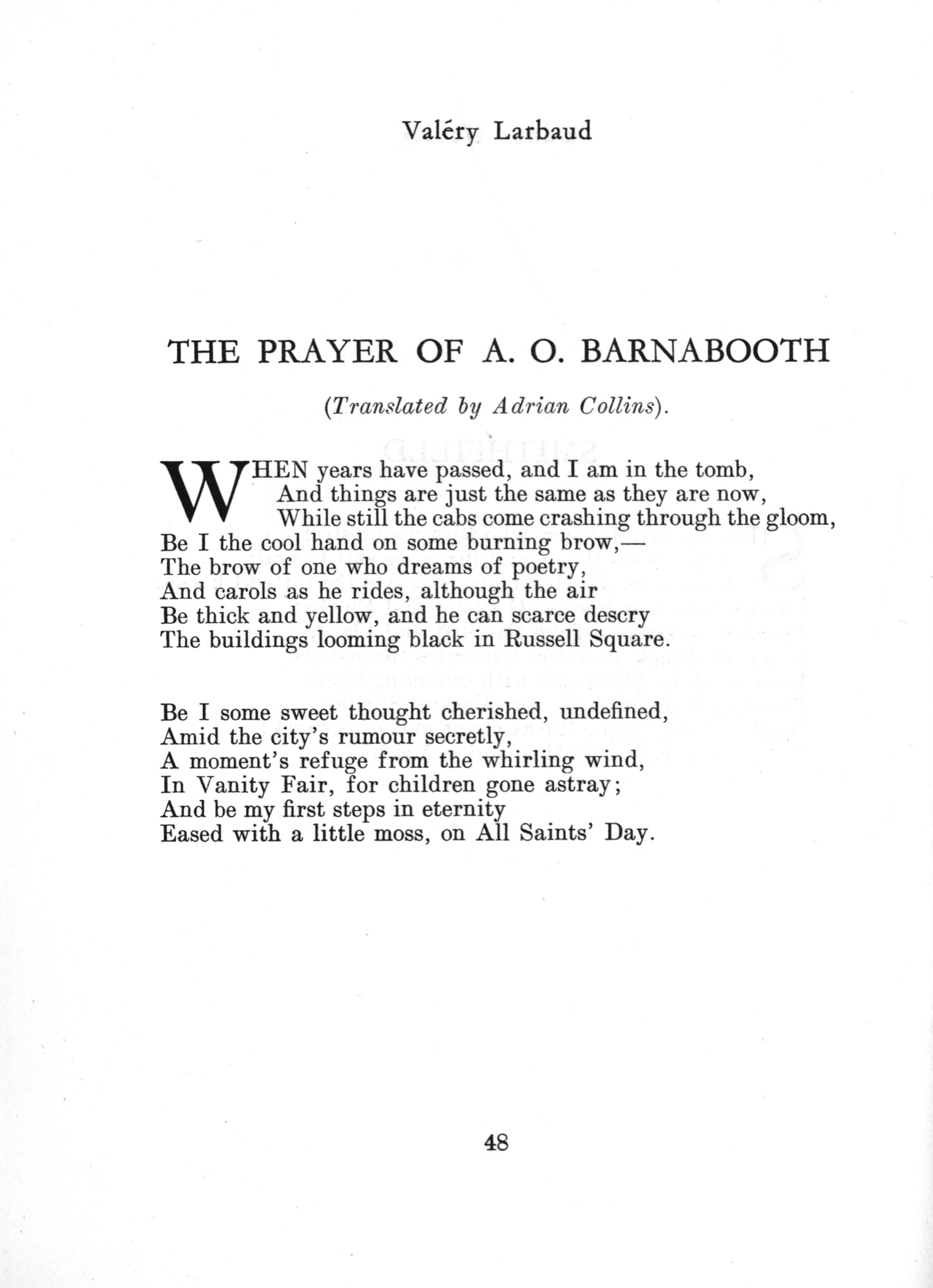
|
|
||||||||||||||||||||||||||||
| The New Coterie Volume 1 Issue: 1 November, 1925 Page: 67 | ||||||||||||||||||||||||||||||
| The Prayer of A. O. Barnabooth By Valéry Larbaud | ||||||||||||||||||||||||||||||
|
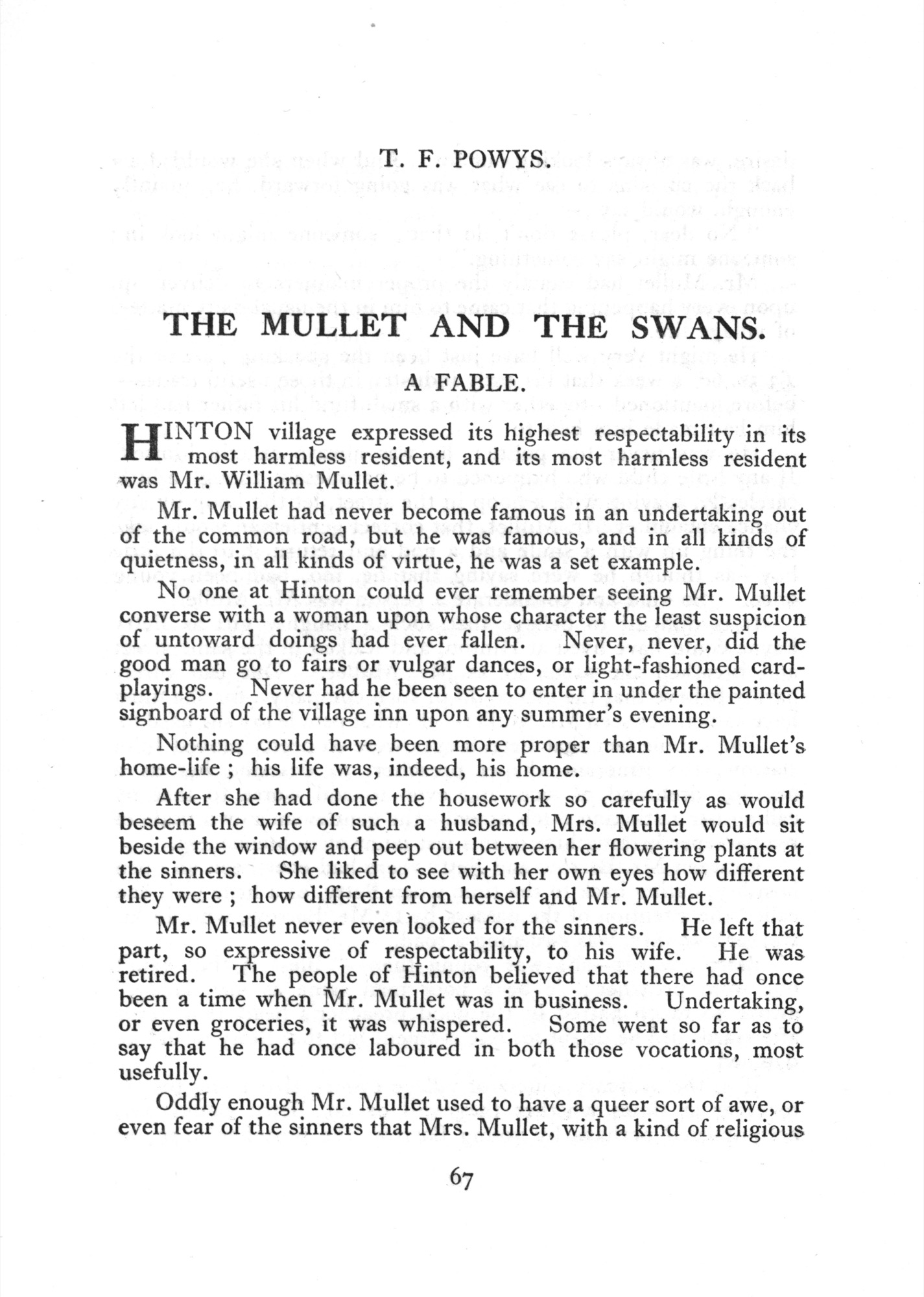
|
|
||||||||||||||||||||||||||||
| The New Coterie Volume 1 Issue: 1 November, 1925 Page: 68 | ||||||||||||||||||||||||||
| The Prayer of A. O. Barnabooth By Valéry Larbaud | ||||||||||||||||||||||||||
|
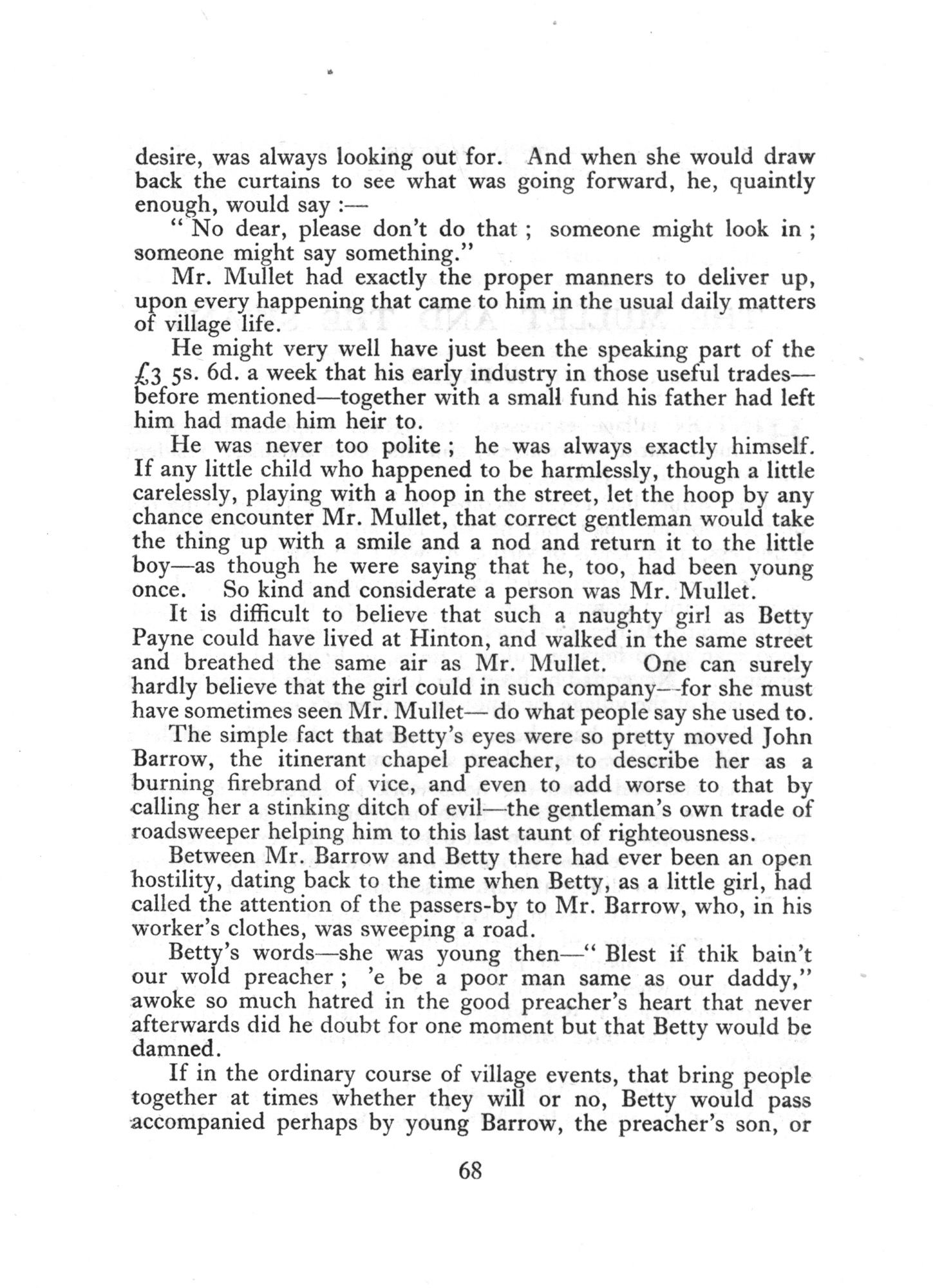
|
|
||||||||||||||||||||||||
| The New Coterie Volume 1 Issue: 1 November, 1925 Page: 69 | ||||||||||||||||||||||||||
| The Prayer of A. O. Barnabooth By Valéry Larbaud | ||||||||||||||||||||||||||
|
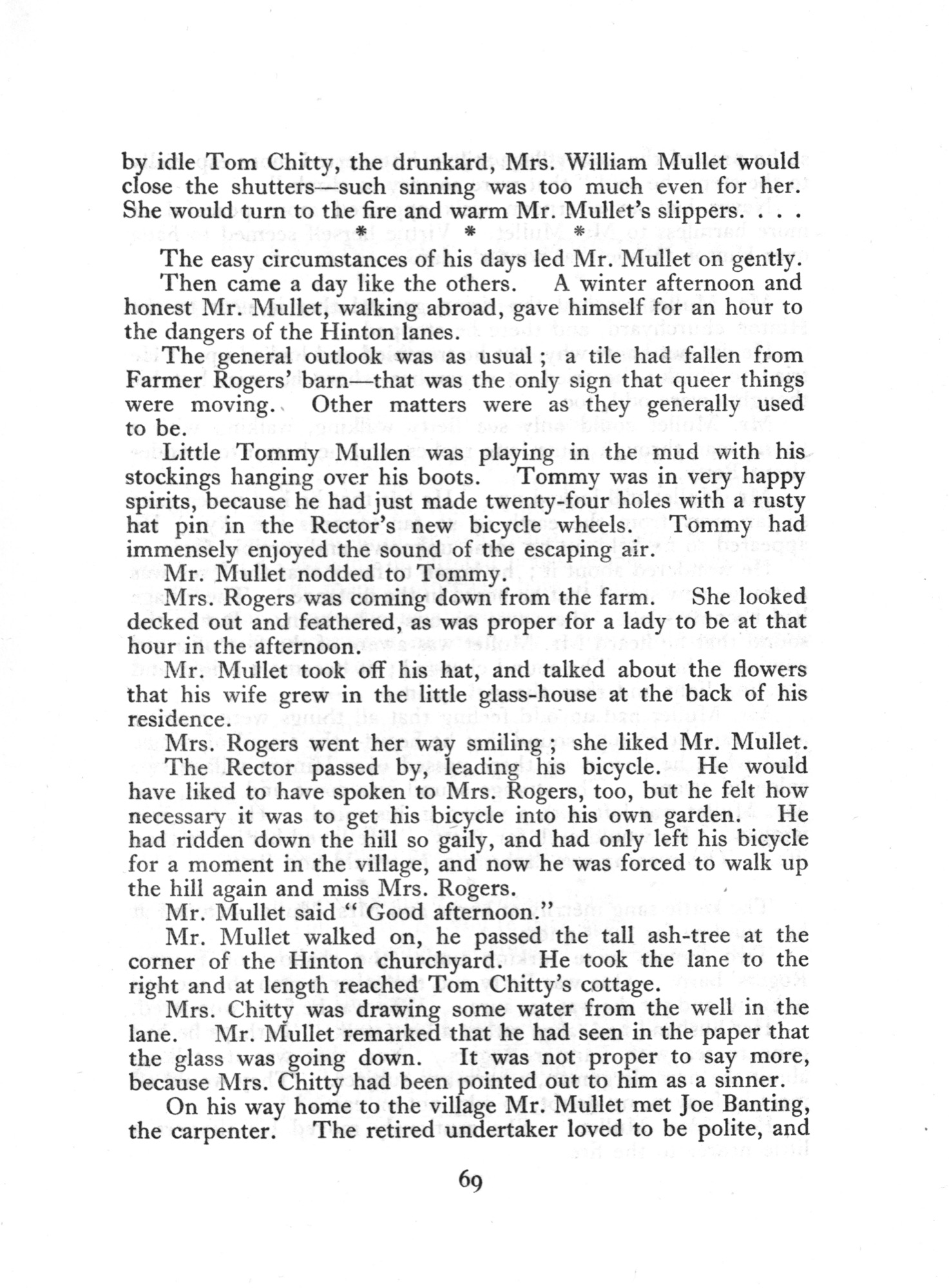
|
|
||||||||||||||||||||||||
| The New Coterie Volume 1 Issue: 1 November, 1925 Page: 70 | ||||||||||||||||||||||||||
| The Prayer of A. O. Barnabooth By Valéry Larbaud | ||||||||||||||||||||||||||
|
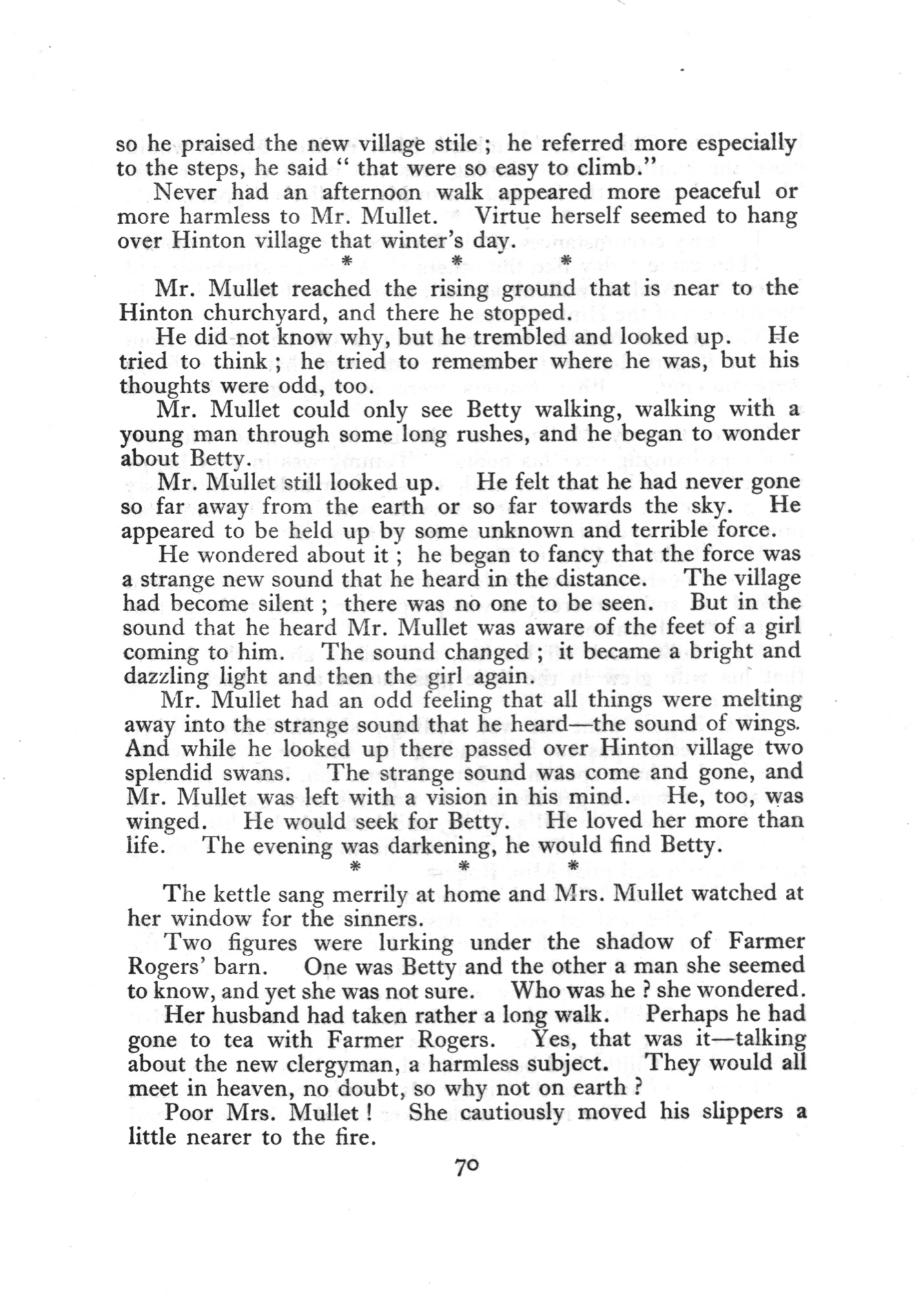
|
|
||||||||||||||||||||||||




